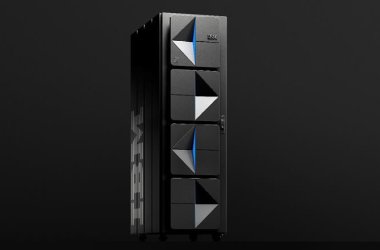Symantec has announced the latest version of its Storage Foundation software, enables data centres to leverage Solid State Drives (SSDs) in ways that could allow customers to access mission critical data and applications 400 percent faster than traditional Storage Area Networks (SANs), says the company. It also claims to be the only offering to provide these benefits regardless of which storage hardware components are in place. According to the company, as a result, customers are free to choose any storage infrastructure provider, and businesses can make critical decisions faster.
The updated Storage Foundation 6.1 includes benefits such as a vendor-agnostic intuitive caching layer, enabled by Symantec’s SmartIO technology and a Flexible Storage Sharing (FSS) technology, which enables servers to access remote data as if it were from local storage. This allows organisations to reduce storage costs by up to 80 percent using commoditised storage hardware, while helping to ensure that all data is replicated, protected, and available, says Symantec.
“Symantec’s latest offering is designed to help customers leverage the next generation of storage. In today’s information-centric world, businesses want both increased performance and cost savings – and it doesn’t make fiscal sense to rip and replace existing storage to deploy new technologies like flash. However, with Storage Foundation 6.1, customers can ease into the adoption of new technologies, while mixing and matching high-end solutions with traditional hardware, without sacrificing existing service levels,” Ashish Nadkarni, Research Director, Storage Systems, IDC
The growth of mission-critical data and applications, supporting real-time decision-making, is driving SSD adoption to increase performance within the data centre. Adoption however has lacked the central management intelligence that customers need to manage their storage efficiently and effectively. Symantec says its offering helps solve this problem while allowing customers to combine SSDs with existing Direct Attached Storage (DAS) and SANs without compromising availability.





